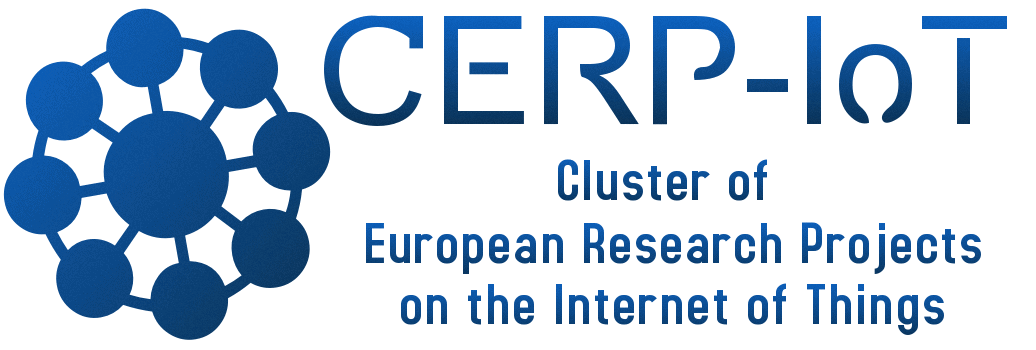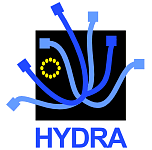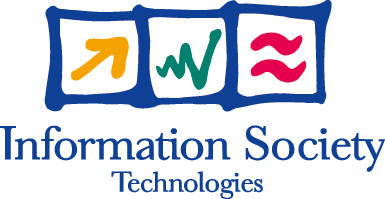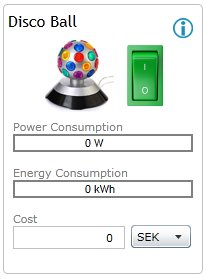
The Internet of Things is an integrated part of Future Internet and could be defined as a dynamic global network infrastructure with self configuring capabilities based on standard and interoperable communication protocols where physical and virtual “things” have identities, physical attributes, virtual personalities and use intelligent interfaces, and are seamlessly integrated into the information network.
We bring here the abstract from the article Open Source Middleware for Networked Embedded Systems towards Future Internet of Things: ASPIRE & HYDRA PROJECT:
"The European Commission (EC) funded Integrated Projects (IPs) ASPIRE and Hydra develop open source middleware for networked embedded systems and focus on the integration of devices with energy and computational power constraints. These devices like sensors, actuators, or RFIDs are the foundation of the Internet of Things (IoT), which will connect objects of our daily life, enabling e.g. their tracking as well as their interaction in service oriented environments. The aim is to reduce time-to-market for developers and total cost of ownership (TCO) for SMEs. Therefore, ASPIRE delivers a lightweight and privacy-friendly middleware, which eases the standard-compliant development of RFIDs, while Hydra enables the connection of heterogeneous devices, offering a secure environment to build model-guided web services on multiprotocol wired and wireless networks. This chapter shows that the combination of both approaches will significantly simplify and speed-up the transformation from manually configured sensor-actor environments to service-oriented architectures."
The Hydra project is one of thirty different projects that participate in CERP-IoT. The Clusterbook provides a full list with basic details and contacts for all the participating projects.
The Clusterbook Vision and Challenges for Realising the Internet of Things can be downloaded here.





 The Hydra project is co-funded by the
The Hydra project is co-funded by the 


